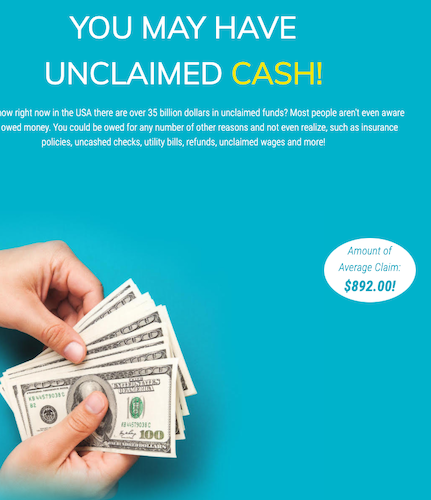what is the biggest unclaimed lottery prize
how to check unclaimed money online

1. Who is eligible for unclaimed money?
There are a few requirements that must be met in order to be eligible for unclaimed money. First, the money must be considered unclaimed, which typically means it has been inactive for a certain period of time (usually three years). Second, the owner of the money must be deceased; if the owner is still alive, the money is not considered unclaimed. Finally, the rightful heir to the money must be able to prove their relationship to the deceased owner.
2. Who do I contact to claim my unclaimed money?
There are a few places you can go to in order to claim your unclaimed money. The best place to start is with the state you live in. Each state has a different process for claiming unclaimed money, but they all have a website where you can start your search.
Another place to look is with the federal government. The US Treasury has a website where you can search for unclaimed money that might be owed to you.
3. Who is the rightful owner of unclaimed money?
The rightful owner of unclaimed money is the person who is legally entitled to it. This can be the person who earned the money, such as through wages or investments, or the person who is owed the money, such as through a debt or inheritance. Unclaimed money can also belong to an organization or entity, such as a business or government agency.
There are many reasons why money may go unclaimed.
4. Who is responsible for unclaimed money?
There is no one definitive answer to this question as there are many different types of unclaimed money and many different ways that it can become unclaimed. However, in general, the party who is responsible for the money or property would be the one who is owed the money or who is the rightful owner of the property.
Some examples of unclaimed money include:
-Unclaimed wages from a previous job
-A refund from a utility company